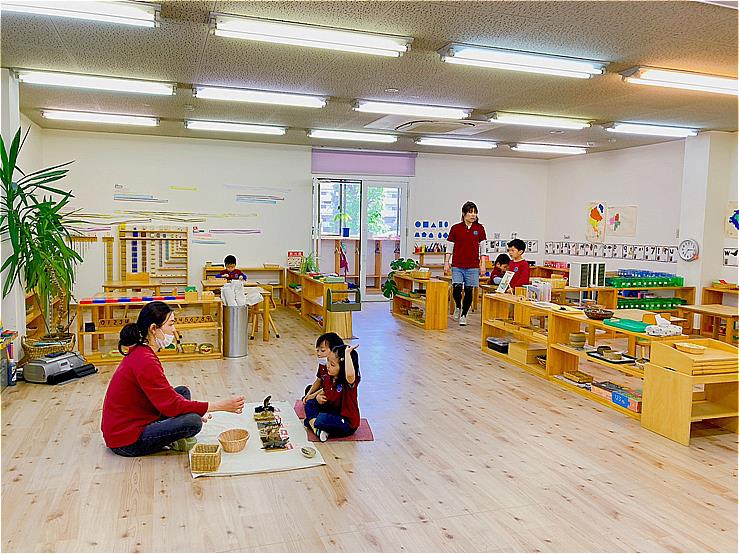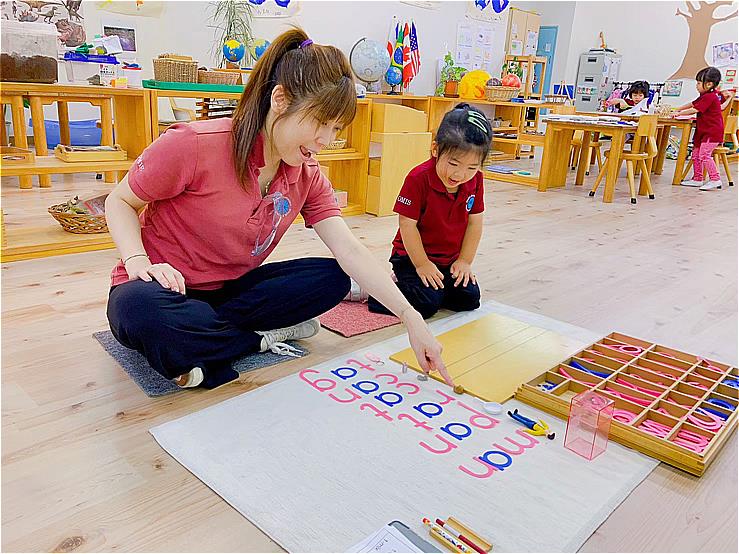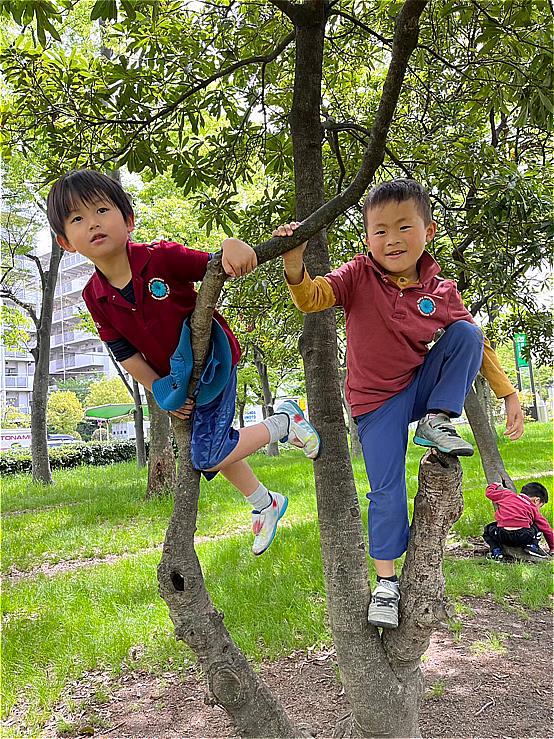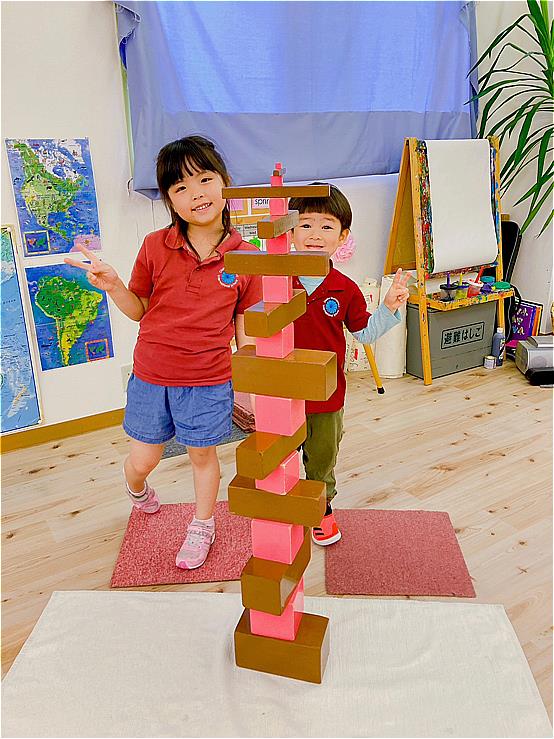Importance of the Role of Parents and Adults Around Them
Understanding Parents' Preconceptions and Misunderstandings
The most important thing is for us adults who interact with children to understand what role we should play. As long as there are misunderstandings and preconceptions in this area, Montessori education may continue but further dissemination may be difficult to achieve. According to Montessori education, the role of adults is to "understand children correctly," "provide an appropriate environment," and "assist in connecting children and their environment."

Understanding Children Correctly
"Understanding children correctly" means understanding their inherent "self-educational ability" to develop themselves. This self-educational ability leads to the creation of an "appropriate environment" where it can be demonstrated. Furthermore, beyond just providing the environment, the role of adults is to "assist in connecting children and their environment" as a form of guidance. Generally, many adults do not understand a child's self-educational ability. They often think that infants or children who are only a few years old cannot do anything. The misconception persists that it is the role of adults to "teach and enable" what children cannot do.
From Managing Children to Empowering Them
Based on these misunderstandings and preconceptions, there is still a prevalent approach where adults are central and often give directives and commands to children, known as the "child management" approach. Only when we shift from this adult-led approach to one where children take the initiative can we truly understand what Montessori education aims to achieve.
Improvement in Language Skills
They can accurately express what they want to say. Their sentence structures are solid when expressing themselves. As a result, they can confidently and calmly speak in front of others. They are able to find the words they want to use without mimicking or digressing, and can organize their own thoughts.

Improvement in Motor Skills
They have good control over their hands and can use them as they wish, without clumsiness. They are adept at handling tools and have good coordination. They have quick hands, feet, and hips, so they rarely fall awkwardly or injure themselves.

Formation of Personality
They can choose and decide for themselves. They can carry out tasks responsibly and are often entrusted with tasks and roles to do alone. They persist in tasks they undertake with determination, even when facing difficulties. They plan and implement their plans with a clear sense of order, starting from scratch and never cutting corners.


